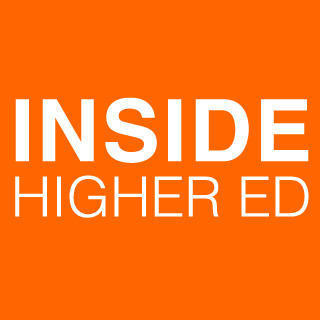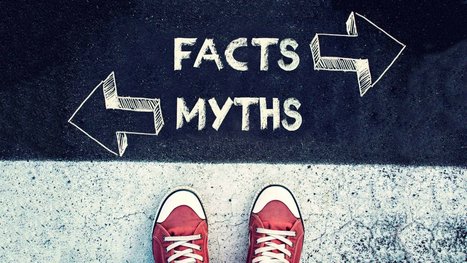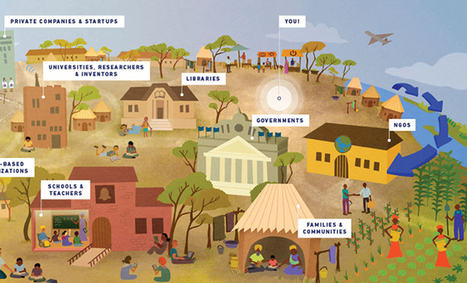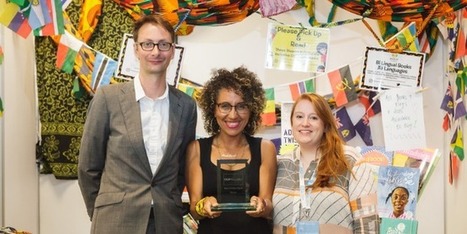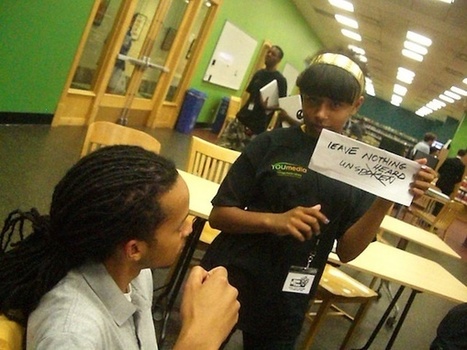Having a student body that is representative of wider society has been high on many universities’ agendas for quite some time. Yet recent UCAS data shows the gap between disadvantaged and non-disadvantaged students, particularly those studying at “top” Russell Group universities, has recently widened.
Research and publish the best content.
Get Started for FREE
Sign up with Facebook Sign up with X
I don't have a Facebook or a X account
Already have an account: Login
Literacy in a digital education world and peripheral issues.
Curated by
Elizabeth E Charles
 Your new post is loading... Your new post is loading...
 Your new post is loading... Your new post is loading...

Willem Kuypers's curator insight,
February 5, 2017 5:08 AM
Plus que jamais, les étudiants rejettent d'étudier les faits, de connaitre des détails. Et plus que jamais nous en avons besoin pour séparer juste une opinion personnelle d'une opinion raisonnée.

Nik Peachey's curator insight,
July 23, 2016 12:41 AM
This is where technology can truely have its greatest impact. |
|







